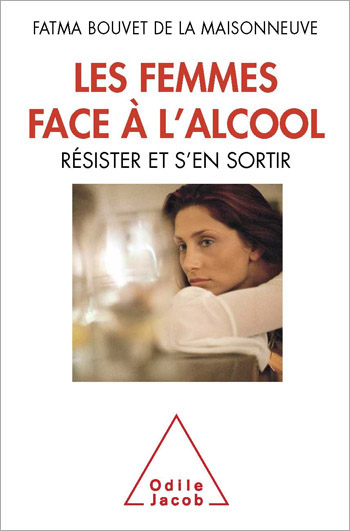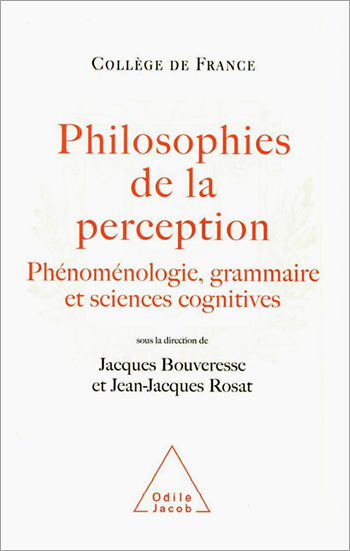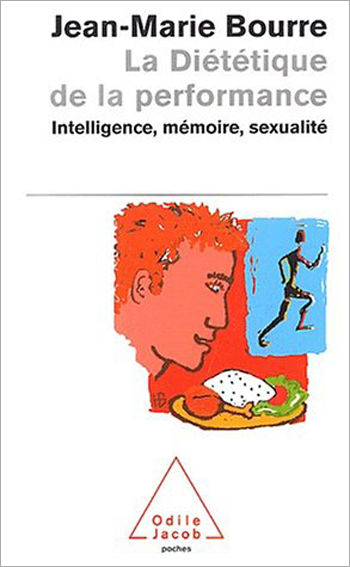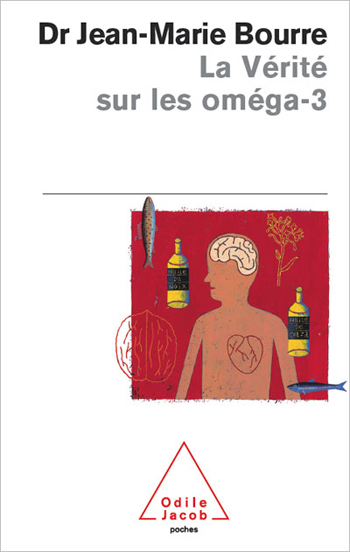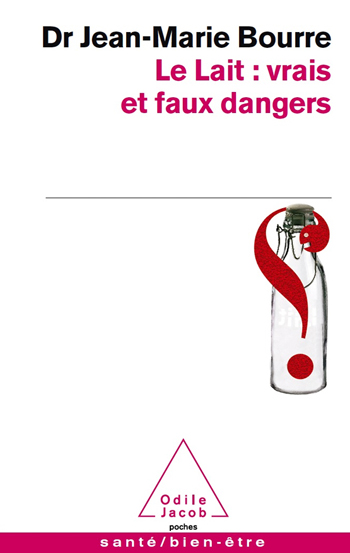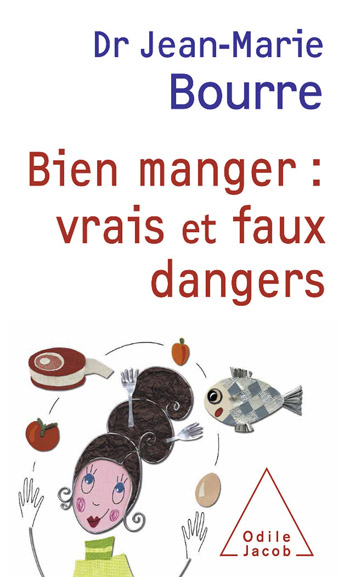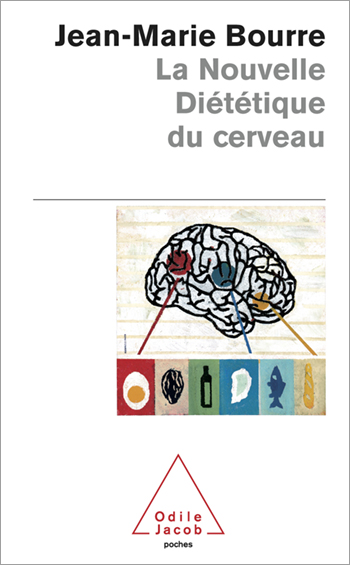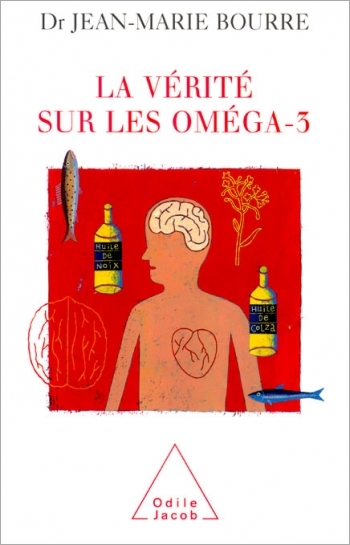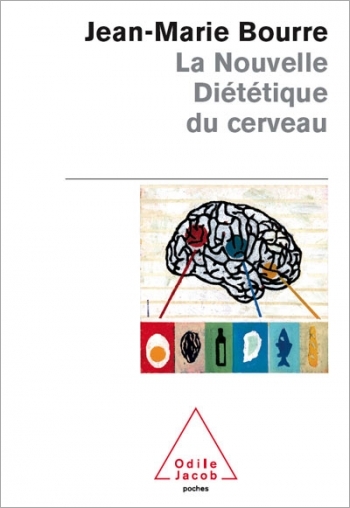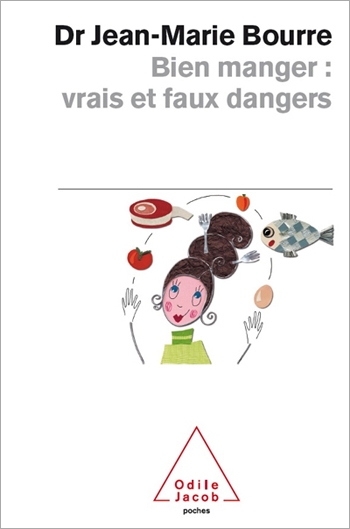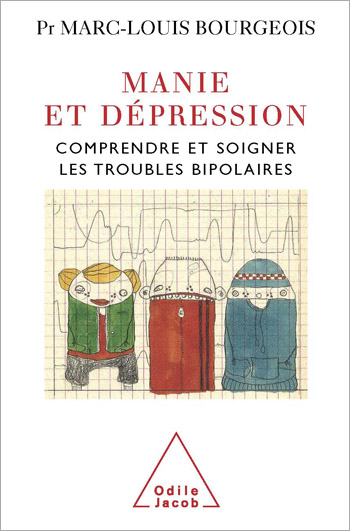Catalog All books

Robert Boyer
General Theory of Capitalism is it possible?
Robert Boyer is a leading figure of the regulationist school of economics, which believes that capitalism requires external, political, monetary and social regulations, and that the capitalist economy cannot be reduced to the self-regulating laws of the market. In this book, he proposes a general theory of capitalism, from two angles. First of all, he argues that there are several models of capitalism - not just one. America's ultra-liberal capitalism is unlike German capitalism, which is characterised by the fusion between banks and businesses, just as it is unlike French state-interventionist capitalism and Japan's capitalism of consensus. Secondly, in order to understand how capitalism works, every aspect has to be considered - not just the market but also political and social institutions (the State, central banks, unions, etc.) and the conventions they create among themselves (salary agreements, etc.). Robert Boyer is a research fellow at the Centre National de la Recherche Scientifique, a director of studies at the Ecole des Haute Etudes en Sciences Sociales and a member of the French prime minister's Council for Economic Analysis.

Fatma Bouvet de la Maisonneuve
Women's choice
woman physician-psychiatrist appraises the condition of women in today’s society.

Fatma Bouvet de la Maisonneuve
An Arab from France A life beyond prejudice
A testimony on the question of prejudice about "The Other" and of living together. A sensitive and committed reflection, seen from the inside, on the questions of double culture. A text that sheds light on mutual misunderstandings.
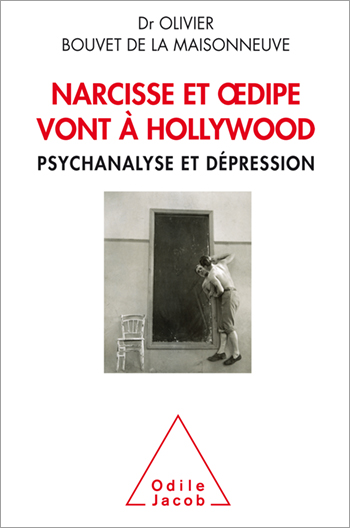
Olivier Bouvet de la Maisonneuve
Narcissus and Oedipus Go to Hollywood Psychoanalysis with Depression
Art and creativity can help us understand depression and how the psyche works
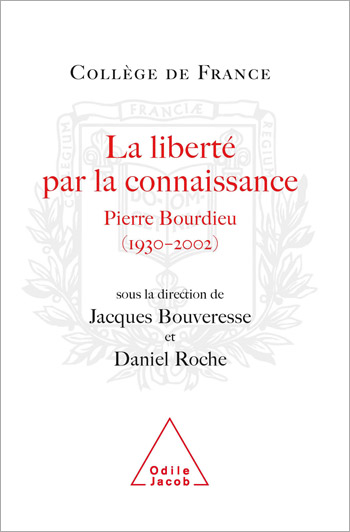
Jacques Bouveresse, Daniel Roche
Freedom Through Knowledge: Pierre Bourdieu, 1930-2002 (Travaux du Collège de France)
Gathered in this volume are the texts of lectures given in memory of Pierre Bourdieu at an international colloquium held on 26-27 June 2003 and jointly organised by the Collège de France and the Ecole Normale Supérieure, with the backing of the Hugot Foundation.
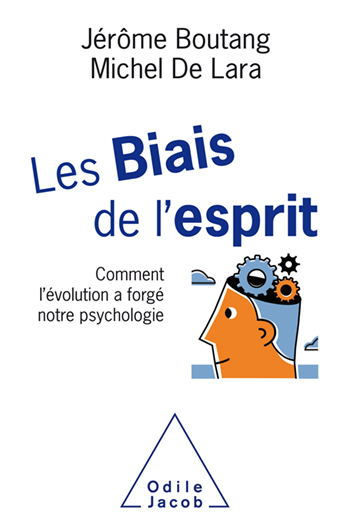
Jérôme Boutang, Michel DeLara
The Biases of the Mind Ways of thinking modeled by evolution
An evolutionist psychology for dummies. A fun book on a subject that concerns us all.
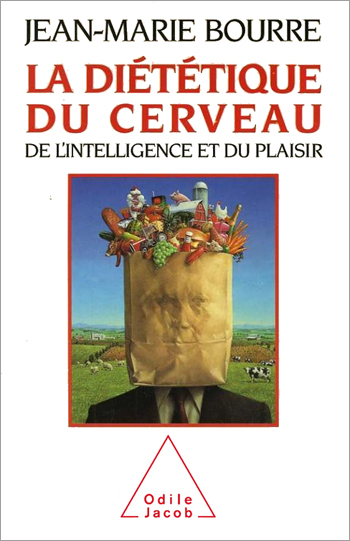
Jean-Marie Bourre
The Dietetics of the Brain Intelligence and Pleasure
What mechanisms govern our cravings, our taste, our nutritional needs? How should we eat to think well and work productively? J.-M. Bourre, a neurotoxicologist, celebrates the pleasures of a greedy brain, a gastronomical brain. He takes us on a fascinating exploration of the complex chemistry which links our brain to our plate in the world of proteins, vitamins, mineral salts, and lipids.

Jean-Marie Bourre
The Dietetics of the Brain New Edition
How should we eat to think well and work productively? J.-M. Bourre, a neurotoxicologist, celebrates the pleasures of a greedy brain, a gastronomical brain. He takes us on a fascinating exploration of the complex chemistry which links our brain to our plate in the world of proteins, vitamins, mineral salts, and lipids. By providing the keys to proper nutrition, this book shows the way to greater mental awareness, energy, health and fulfilment, while respecting the real needs of both the body and the brain that most crucial organ. Throughout the book, pleasure (adapted to every budget) remains one of the authors main concerns.
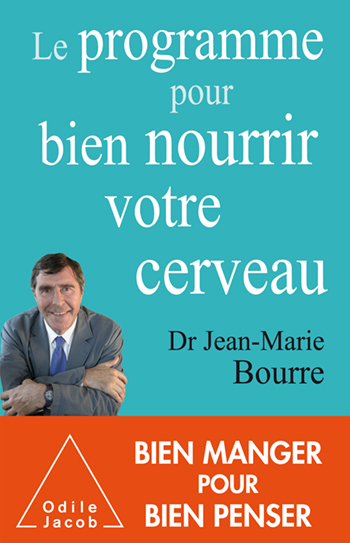
Jean-Marie Bourre
A Program to Feed Your Brain Well
A clear and instructive approach that enables the reader to understand what is needed to be at the height of one’s intellectual abilities.
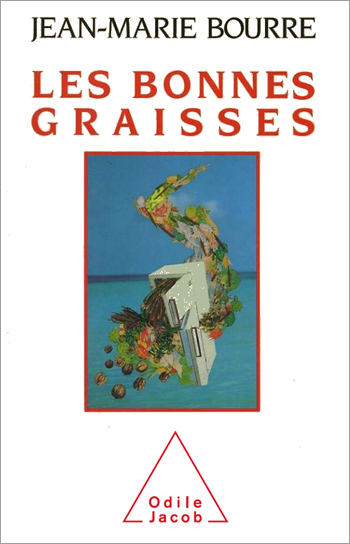
Jean-Marie Bourre
The Good Fats
Are fats the demons of modern times? Are they the bane of too rich diets? Are they the poison of opulent societies? Without fats, which are an absolute necessity for our brain and our health, life would be impossible. Fats are also the vectors of culture, through the many joys of cooking.
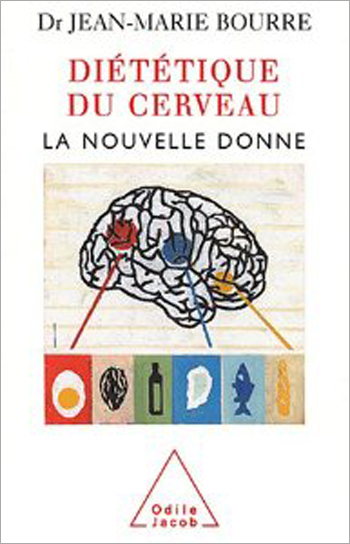
Jean-Marie Bourre
The Dietetics of the Brain
How should you eat to improve how you think? This book sounds the death knell of repressive rules of nutrition and celebrates the joys of the food-loving, gourmet brain. What is the greatest nutritional risk? An unbalanced diet. By providing the keys to proper nutrition, this book shows the way to greater mental awareness, energy, health and fulfilment, while respecting the real needs of both the body and the brain that most crucial organ. Throughout the book, pleasure (adapted to every budget) remains one of the authors main concerns. Jean-Marie Bourre heads a research team specialising in the chemistry of the brain, at INSERM.
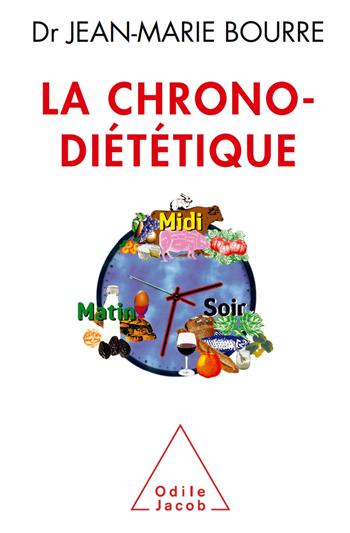
Jean-Marie Bourre
Chrono-dietetics
For an optimum absorption of the nutrients our bodies require we must pay close attention to our biorhythms
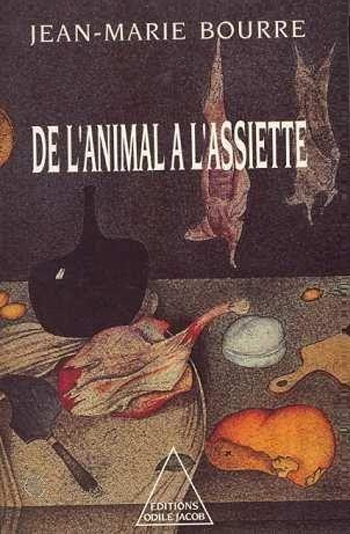
Jean-Marie Bourre
From the Animal to the Plate
Traditionally, meat was the basis of our meals. Today it has become the object of dietary resentment: too much fat, too rich, too heavy... Yet meat contains proteins essential to a healthy existence. J.-M. Bourre joins the search for meat replacements, exploring the riches of the sea, the ressources found in vegetal proteins, innovative cooking techniques, and recent changes in breeding.
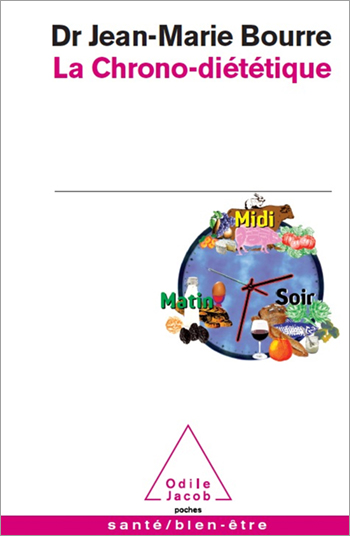
Jean-Marie Bourre
Chrono-dietetics
For an optimum absorption of the nutrients our bodies require we must pay close attention to our biorhythms
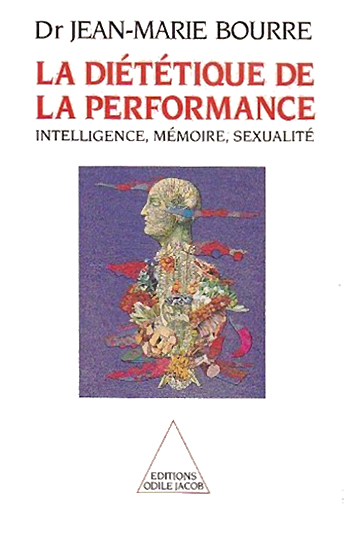
Jean-Marie Bourre
The Performance Diet Intelligence, Memory, Sexuality
How can we stay concentrated all day long? How can we avoid energy drops and sleepiness? How can we keep and develop our memory? How can we stimulate our intellectual alertness? How can we sleep well? How can we improve our sexuality? How can we stay fit and enhance our physical capacities? J.M. Bourre shows that the answers to all these questions and many others can be also found in what we eat.
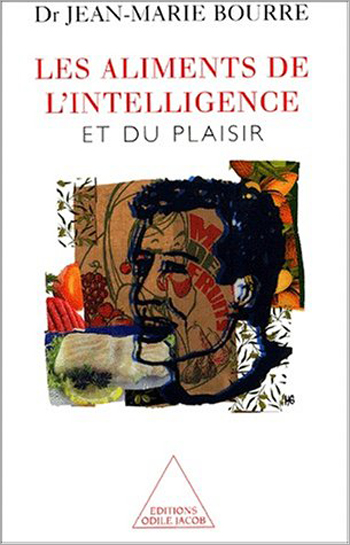
Jean-Marie Bourre
Food for Thought And Pleasure
"Why do we eat? For our intelligence capacity, aswell as the harmonious functioning of the body. Yes, for the brain you must eat eggs, charcuterie, red meat, as oily fish as possible, accompanied by fruit and vegetables, and complemented by wine and beer. Yes, you must derive pleasure from eating. And no, you don't need to become a herbivore, which would only serve to hinder the development and operation of your brain!" Jean-Marie Bourre
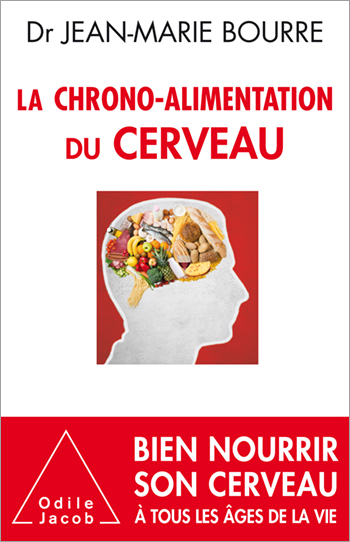
Jean-Marie Bourre
Chrono-dietetics of the Brain
How eating the right food at the right time can enhance brain health, efficacy and pleasure

